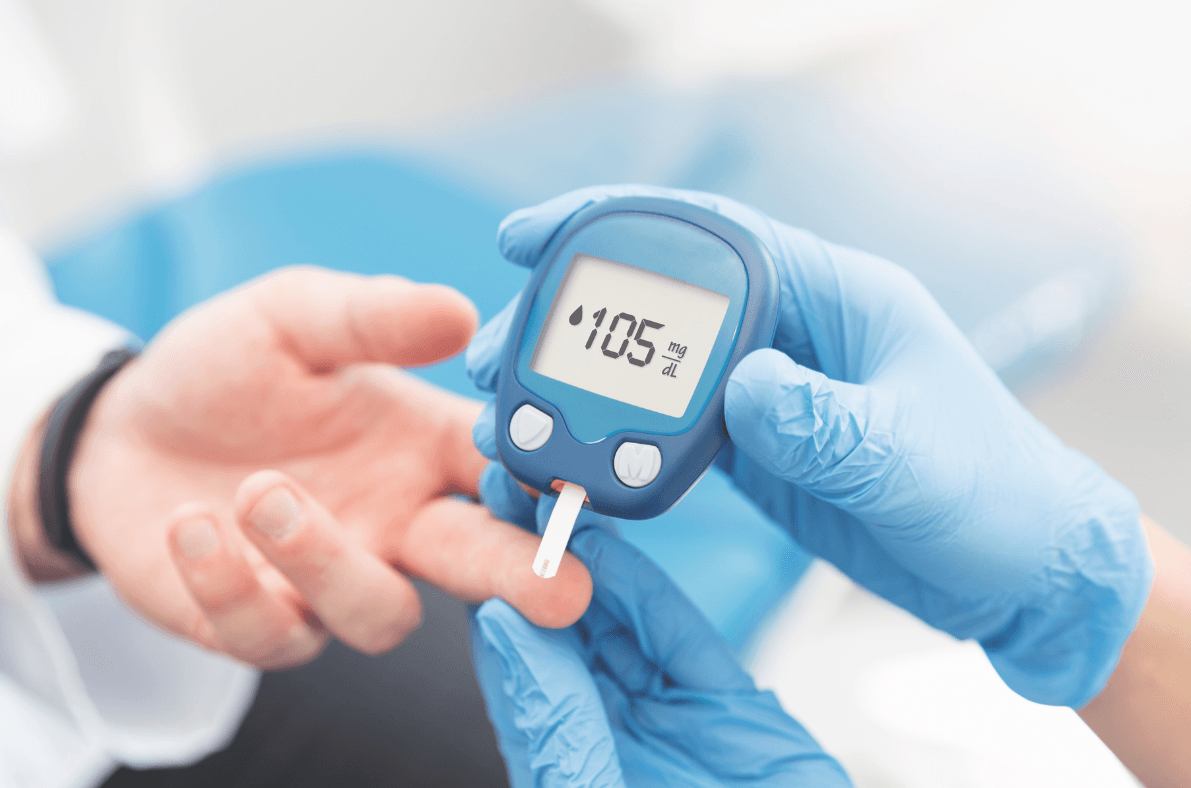Did you know that prolonged periods of stress can lower your immune system, making you more susceptible to colds and other viruses? As any university student will know, studying can be extremely stressful. These days, going to lectures can raise your blood pressure just from all the factors that go into a single class, and that’s not even taking into account your homework.
Here are a few ways to help yourself stay calm and healthy while you continue to study.
Avoid Stimulants
As a uni-student, you probably live on caffeine, but stimulants like caffeine, nicotine, and others can cause you to feel even more stressed. They stimulate the body to react as if it is in a dangerous situation, raising your heart rate and making you feel jittery. This can end up causing you to feel even more anxious.
Eat Well
Eating properly is part of staying healthy. If you are getting proper nutrition, your immune system will withstand more stress and your body will stay much healthier. Make sure to eat regular meals that are well-rounded, with plenty of protein and fibre.
Stay Hydrated
The majority of people are chronically dehydrated simply because they don’t drink enough water. Since your brain requires a lot of water, it makes sense that you’ll be more stressed out if you haven’t been drinking enough liquids. Take the time to get your water in and you’ll feel more energetic, as well as less stressed. Drinking a glass of ice water can actually help lower your stress levels, as well.
Take Up a Hobby
In your spare time, try to find something that relaxes you. This could be anything from playing video games or reading to cooking or doing yoga. Everyone has their thing that calms them down and reduces their stress levels. Find yours and make sure you turn to it when you feel like things are getting out of control.
Set a Schedule
Having a set schedule can feel more manageable since you know exactly what is coming up. Make a note of tests and set reminders for yourself for your phone or computer. It’s easier to manage your anxiety if you know what to expect and prepare for in the near future. Many people use calendars and schedules to reduce their stress levels and to stay on top of projects and assignments.
If you feel ill or are worried that your health is failing, make an appointment to see a doctor as soon as possible. This is easiest to do online and doesn’t require you to go anywhere. You can attend the appointment from the comfort of your own home, without exposing yourself to more germs in a waiting room.
Need to make a virtual GP appointment? Go ahead and sign onto the NHS GP site to book your appointment.











